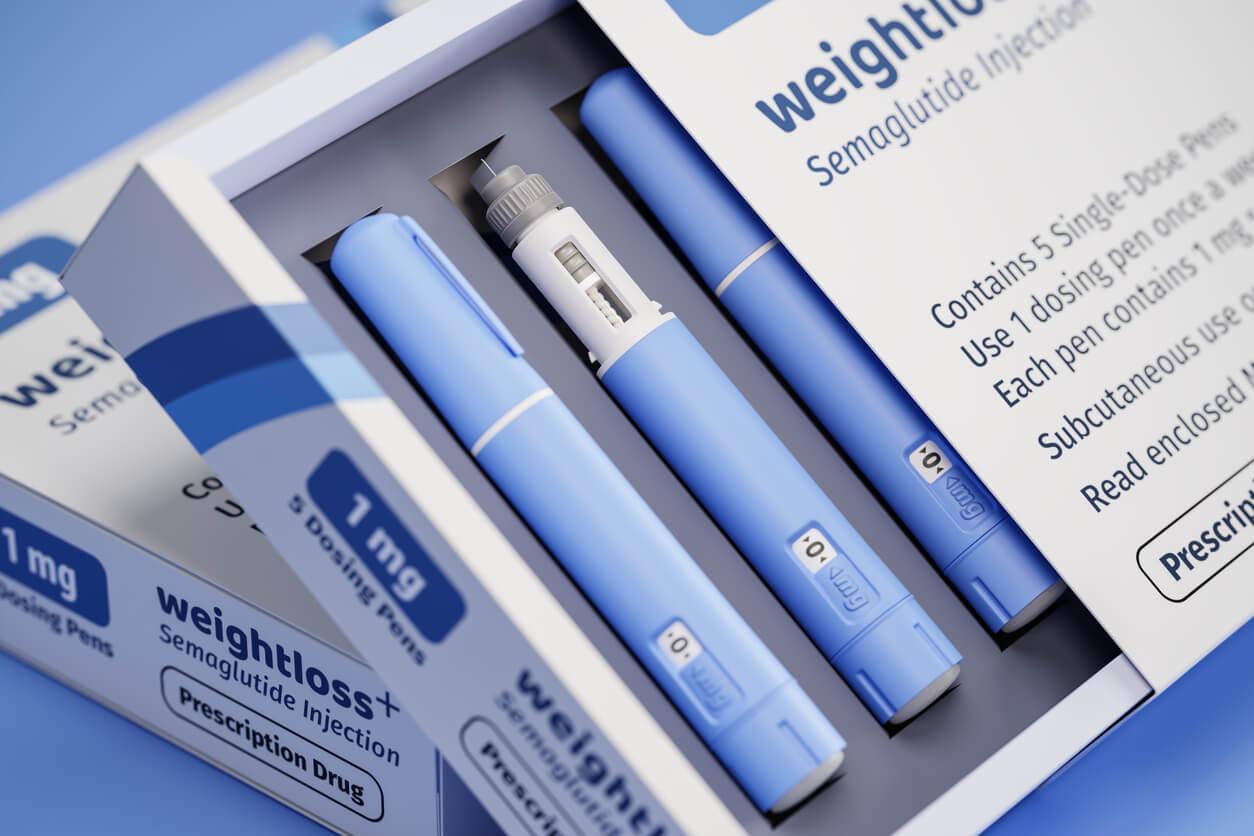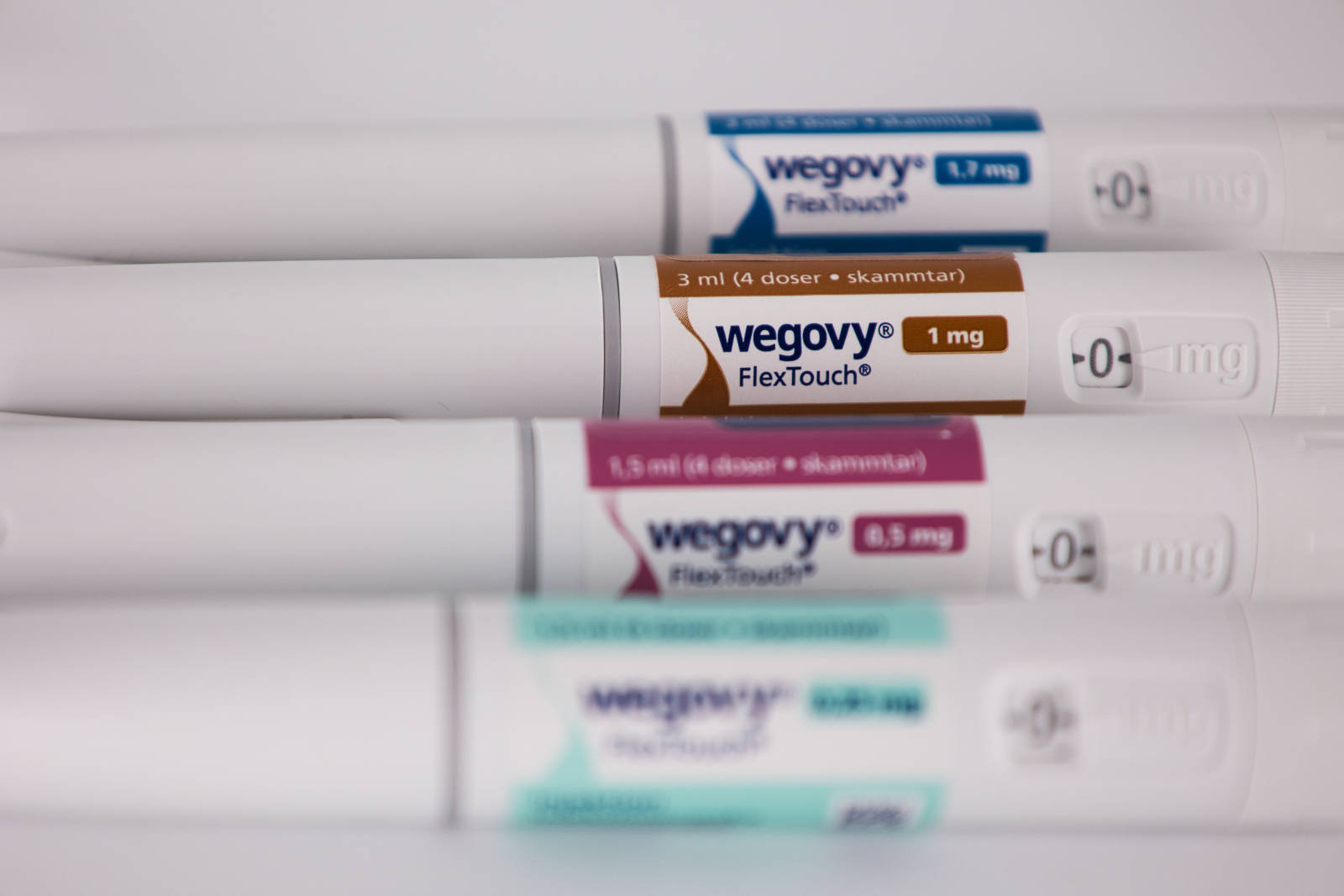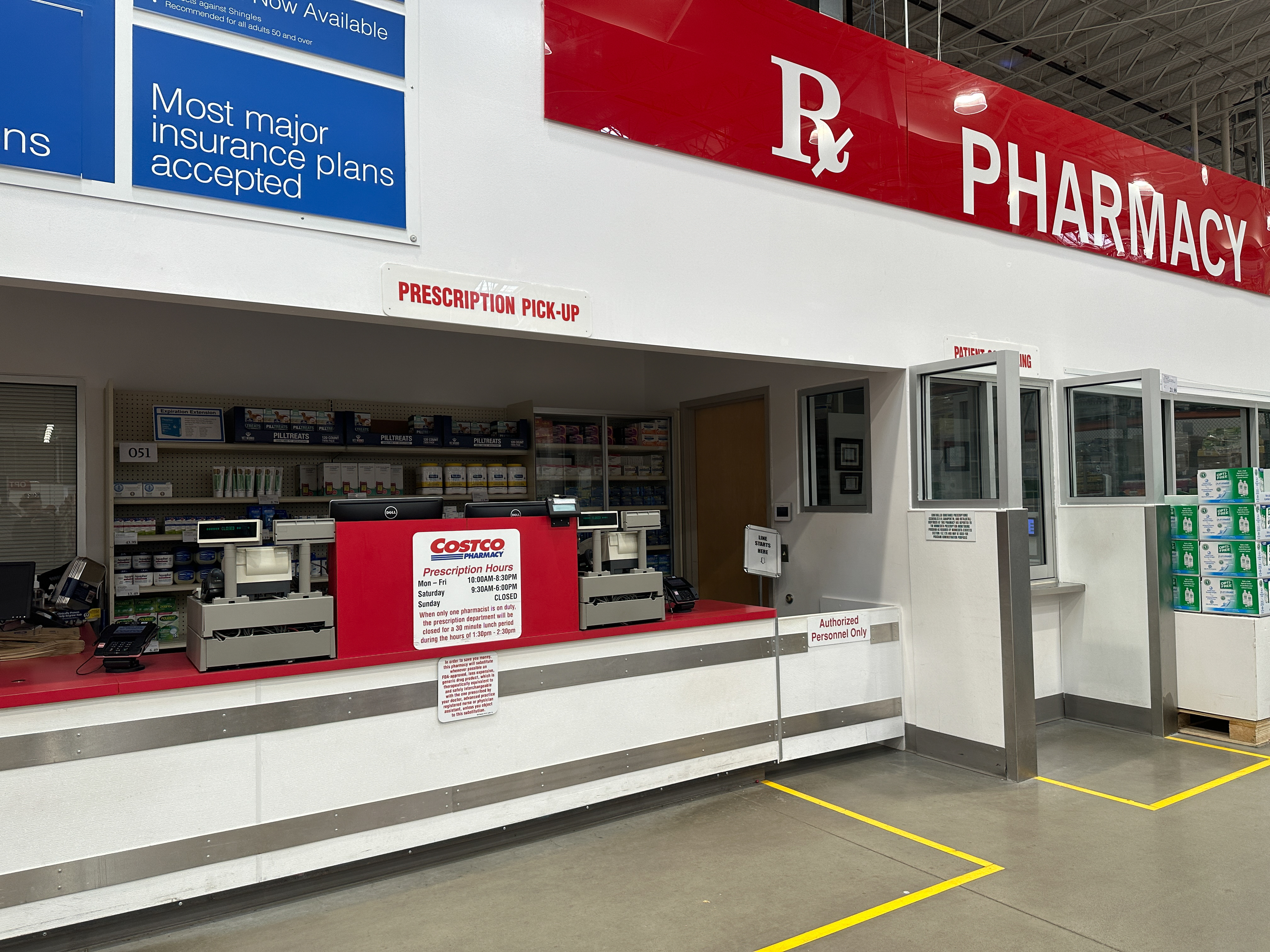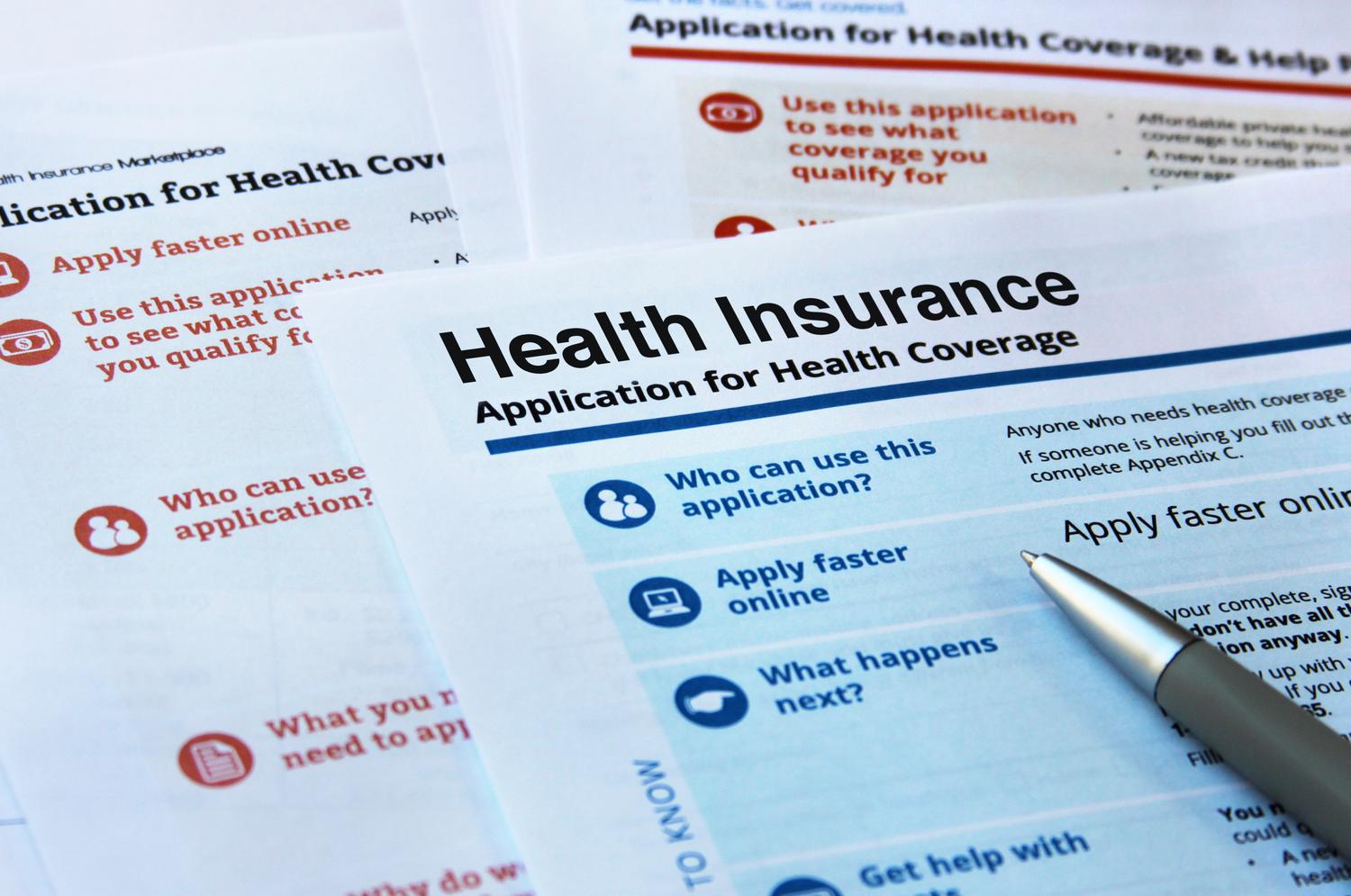How Much Does Zepbound Cost Without Insurance?
Here’s what you need to know about the cost of Zepbound if you’re uninsured.
Zepbound(tirzepatide) is one of the latest medications on the GLP-1 weight loss scene. It was approved by the U.S. Food and Drug Administration (FDA) in November 2023 for those with obesity, or who are overweight with weight-related medical health conditions. In December 2024, Zepbound also became the first-ever medication approved to treat obstructive sleep apnea (OSA) for adults with obesity.
Zepbound belongs to a class of drugs known as dual glucose-dependent insulinotropic polypeptide (GIP) and glucagon-like peptide-1 (GLP-1) receptor agonists. It’s one of the few GLP-1/GIP drugs that is approved specifically for weight management, not type 2 diabetes management.
The demand for Zepbound has skyrocketed since its FDA approval, and it’s no surprise why: it’s effective. In clinical trials, patients who took a weekly 5mg dose of tirzepatide (the active ingredient in Zepbound) lost an average of 15% of their weight, while those who took a 10mg or 15mg weekly dose lost an average of 20% of their weight.
Additionally, tirzepatide beat out semaglutide (the active ingredient in Wegovy, Ozempic and Rybelsus) in a head-to-head trial.
However, while Zepbound may be effective, it can also be extremely pricey. One of the most pressing questions for people considering this treatment is cost – especially for those without insurance. In this post, we'll explore what you can expect to pay for Zepbound out of pocket, along with ways to save on this medication.
How much does Zepbound cost without insurance?
Zepbound can be very expensive without insurance coverage. Eli Lilly, the drug’s manufacturer, has set the list price for Zepbound injector pens at $1,060 for one-month supply.
Zepbound is also available as a single-dose vial, which is slightly more affordable: the cash price for a month’s supply of 2.5 mg/0.5mL Zepbound vials is $349, while a month’s supply of 5.0mg/0.5mL Zepbound vials is $499. The single-dose vials are not available through insurance, which means they're ideal for people without insurance or who don't have insurance coverage for Zepbound.
Why is Zepbound so expensive?
Zepbound - along with many other GLP-1 and GLP-1/GIP medications - is expensive because it’s protected by a patent. This essentially means that Eli Lilly and Co can exclude other companies from making their own version of Zepbound until the patent has ended.
The patent on tirzepatide (the active ingredient in Zepbound) doesn’t expire until 2036. When that happens, generic versions of the medication can be produced. While generics are typically much more affordable than their brand-name counterparts, it’s unlikely that we’ll see a generic version of Zepbound for at least another 12 years.
How can I save money on Zepbound?
Paying $1,060 a month for Zepbound pens or $349 a month for Zepbound vials isn’t feasible for some people. Luckily, there are a few ways to reduce the cost of Zepbound.
1. Get a prescription via telehealth
You’ll need to speak with a provider in order to obtain a prescription for weight loss drugs. If you decide to do so, consider booking a telehealth appointment. Telehealth appointments are typically less expensive than in-person visits, which can help you save on the cost of your care. Along with medical advice, your healthcare provider may also be able to offer guidance on how to reduce the cost of your medication.
If you’re insured, your insurance provider will most likely require something called “prior authorization” in order to cover the cost of your medication. Providers through Sesame's online weight loss program can assist with this prior authorization paperwork during your initial visit to help get your medication covered. It is important to note, however, that not all commercial insurance plans will cover Zepbound, even with prior authorization.
2. Apply for the Zepbound Savings Card program
Eli Lilly, the company that manufactures Zepbound, offers a prescription savings card program that may help you access the medication at a lower cost. However, according to their website, you must meet the following criteria:
- You must be prescribed Zepbound consistent with FDA-approved product labeling.
- You must be enrolled in a commercial drug insurance plan.
- You cannot be enrolled in any state, federal, or government funded healthcare program, including Medicaid, Medicare, Medicare Part D, Medicare Advantage, Medigap, DoD, VA, TRICARE®/CHAMPUS, or any state prescription drug assistance program.
- You must be a resident of the United States or Puerto Rico.
- You must be 18 years of age or older.
To explore these savings options in more detail and check your eligibility, you can check out Eli Lilly’s Zepbound savings card page.
3. Look for prescription discount programs
Some sites, like Single Care and Optum Perks, have discount programs that help consumers save money on medication costs at participating pharmacies. When you sign up, you will typically receive a membership card, coupon or code that can be presented at the pharmacy checkout. The pharmacy then processes the discount through specific agreements they have with the discount program providers.
The actual medication discount can vary depending on your medication, the pharmacy, and the terms of the program. However, it can significantly reduce out-of-pocket costs, especially if you’re uninsured or saddled with a high deductible health plan.
Does insurance cover Zepbound?
It depends on your insurer. Many insurers do not offer coverage for weight loss medication like Zepbound and Wegovy. Federal health insurance (such as Medicare or Medicaid) also typically does not offer coverage for Zepbound.
The best way to check if your insurance covers Zepbound is to call your insurance company. You can also typically find a list of covered medications by logging into your insurance portal.
If you have commercial insurance that doesn’t offer coverage for Zepbound (tirzepatide), you may be able to pay as low as $550 per month with their prescription savings card.
If your insurance does cover Zepbound but still requires that you pay for a percentage of the medication, you may be able to access the medication for as low as $25 out of pocket.
Are there alternatives to Zepbound?
Zepbound is one of several GLP-1 agonist medications that can assist with weight loss. If you're facing challenges with Zepbound cost or supply issues, talk to your healthcare provider. They can help you explore similar GLP-1 agonist medications - or other medications - that could work for you. Alternatives include:
Similar GLP-1 drugs
As an alternative to Zepbound, your provider might prescribe another GLP-1 or GLP-1/GIP medication to help you lose weight.
GLP-1 alternatives to Zepbound include:
- Mounjaro (tirzepatide)
- Ozempic (semaglutide)
- Wegovy (semaglutide)
- Rybelsus (semaglutide)
- Victoza (liraglutide)
- Saxenda (liraglutide)
- Trulicity (dulaglutide)
The weight loss medication most similar to Zepbound is Mounjaro, as they both have the same active ingredient. However, Mounjaro is only FDA-approved for the treatment of type 2 diabetes - not weight loss. Prescribing Mounjaro for weight loss is considered an “off-label” use of the medication. That means that your insurance company will likely not cover Mounjaro unless you have been diagnosed with Type 2 diabetes. The same goes for Ozempic, Rybelsus, Victoza, and Trulicity, which are all approved for Type 2 diabetes as well.
It’s also important to note that both Mounjaro and Zepbound are very similar in price; Mounjaro (tirzepatide) is typically priced between $1,020 to $1,200 per month before insurance, while the out-of-pocket cost for Zepbound is listed at $1,060 per month. However, Zepbound vials are available to self-pay patients starting at $349 per month. Mounjaro is not currently available at a lower price for self-pay patients.
Before starting treatment with a GLP-1 medication, you should discuss your health history and any medications or supplements you are taking with a provider.
Non-GLP-1 alternatives
While there aren’t currently any generic GLP-1 alternatives, there are a number of non-GLP-1 medications that can help with weight loss.
Alternatives to GLP-1 medication include:
- Bupropion-naltrexone (Contrave)
- Orlistat (Alli, Xenical)
- Phentermine-topiramate (Qsymia)**
There are also a number of non-GLP-1 medications that are approved for conditions like diabetes but are also sometimes prescribed off-label for weight loss. These include:
- Topiramate (Topamax)
- SGLT2 Inhibitors (canagliflozin, dapagliflozin, empagliflozin)
- Metformin (Glucophage)
Talk to a healthcare professional about GLP-1 alternatives to see if they may be right for you. You should also talk to them about any conditions that you have and any other medications you are taking to reduce your risk of harmful side effects.
** It is important to note that phentermine, one of the components of Qsymia, is a controlled substance. Many providers require an in-person visit before prescribing a controlled substance and therefore will not prescribe the medication via telehealth visit.
How Sesame can help
Sesame offers an affordable and comprehensive online weight loss program to help you get started on your weight loss journey. Success by Sesame is a month-to-month subscription that includes a video consultation with a weight loss doctor or specialist of your choice, access to prescriptions for weight loss medication if appropriate, unlimited messaging with your provider, ongoing support, and more.
Maintaining a healthy weight can lead to significant health benefits, including a lower risk of heart disease, improved mobility, better sleep, and enhanced overall well-being. Get started on your weight loss journey today. Note that all prescriptions are at the discretion of your healthcare provider.








